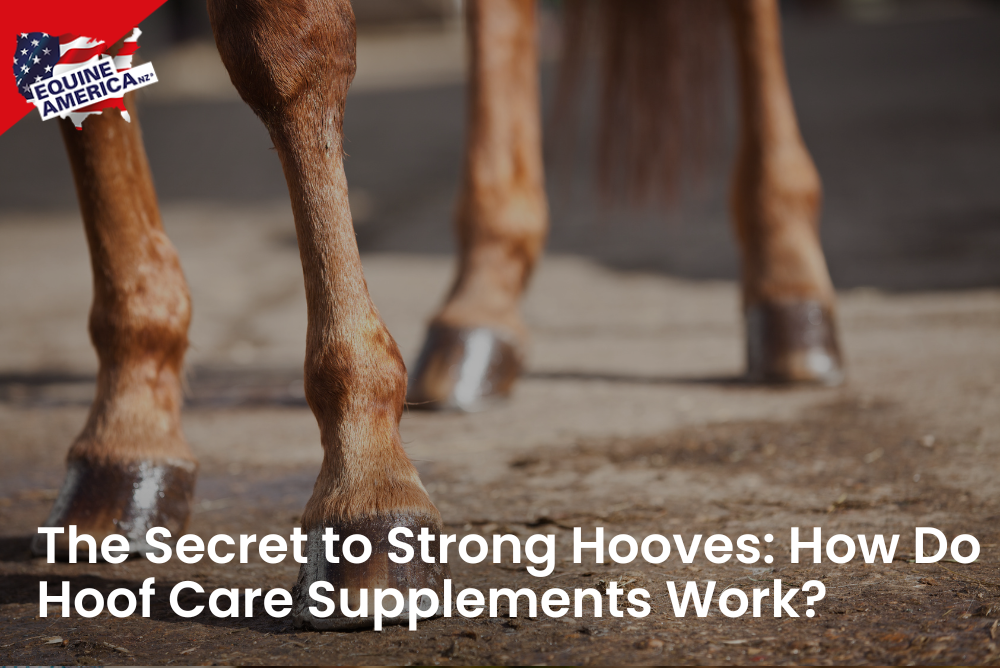Respiratory health is a crucial aspect of equine well-being, particularly for horses engaged in athletic activities. The respiratory system of a horse is complex and can be affected by various factors, including environmental conditions, management practices, and overall health.
Respiratory supplements are often marketed as a way to support and improve lung function in horses, but their effectiveness and safety are subjects of debate among horse owners and veterinarians.
Understanding Respiratory Health in Horses
The respiratory system of a horse is adapted to meet the demands of its athletic nature. Horses are obligate nasal breathers, meaning they primarily breathe through their nostrils. This unique adaptation allows them to filter out dust, allergens, and other particles more effectively than if they were mouth breathers.
Additionally, horses have a large lung capacity and a high rate of oxygen exchange, which is essential for meeting the oxygen demands of their muscles during exercise.
Despite these adaptations, horses are susceptible to a variety of respiratory issues. Common respiratory problems in horses include allergies, infections, inflammatory airway disease (IAD), and exercise-induced pulmonary hemorrhage (EIPH). These conditions can affect a horse's breathing, performance, and overall health.
What Are Respiratory Supplements?
Respiratory supplements are formulated to support the respiratory system in horses. They typically contain a blend of herbs, vitamins, minerals, and other ingredients that are believed to promote lung health and function.
These supplements are available in various forms, including powders, pellets, and liquids, and are often administered orally.
Ingredients in Respiratory Supplements
The ingredients found in respiratory supplements can vary widely, but some common ingredients include:
- Licorice root: Licorice root is believed to have anti-inflammatory properties and may help soothe the respiratory tract.
- Ginger: Ginger is thought to have antioxidant and anti-inflammatory effects, which may benefit respiratory health.
- Fenugreek: Fenugreek is rich in antioxidants and is believed to support respiratory health and immune function.
- Vitamin C: Vitamin C is an antioxidant that may help reduce inflammation in the respiratory tract.
- Vitamin E: Vitamin E is also an antioxidant that may help protect the lungs from damage caused by free radicals.
- Selenium: Selenium is a mineral that is important for immune function and may help support respiratory health.
- Magnesium: Magnesium is thought to help relax the airways and may benefit horses with respiratory issues.
While these ingredients are commonly found in respiratory supplements, it's important to note that the scientific evidence supporting their efficacy in horses is limited.
Factors Affecting Respiratory Health
Several factors can affect respiratory health in horses, including:
- Environmental factors: Dust, pollen, mold spores, and other airborne particles can irritate the respiratory tract and contribute to respiratory issues. Proper stable management, including good ventilation and dust control, is essential for maintaining healthy air quality.
- Management practices: Overcrowding, poor ventilation, and inadequate turnout can all contribute to respiratory issues in horses. It's important to provide horses with a clean and healthy environment to minimize the risk of respiratory problems.
- Health status: Horses with underlying health issues, such as allergies or respiratory infections, may be more susceptible to respiratory problems. Proper veterinary care and management are essential for maintaining respiratory health.
Do Respiratory Supplements Work?
The effectiveness of respiratory supplements in horses is a topic of debate. While some horse owners report seeing positive results after using these supplements, the scientific evidence supporting their efficacy is limited.
Some studies have suggested that certain ingredients found in respiratory supplements, such as licorice root and ginger, may have anti-inflammatory and antioxidant effects that could benefit respiratory health. However, more research is needed to fully understand the effects of these supplements on respiratory function in horses.
Benefits of Respiratory Supplements
Proponents of respiratory supplements claim that they can help improve lung function, reduce inflammation, and support overall respiratory health in horses. Some horse owners report that their horses have experienced fewer respiratory issues and improved performance after using these supplements.
However, it's important to note that individual responses to supplements can vary, and not all horses may benefit from their use.
Risks and Side Effects
Like any supplement, respiratory supplements can have potential risks and side effects. Some horses may be allergic to certain ingredients or may experience gastrointestinal upset after taking these supplements.
Additionally, there is a risk of overdosing on certain vitamins and minerals, which can have negative effects on health. It's important to consult with a veterinarian before starting any new supplement regimen to ensure that it is safe and appropriate for your horse.
Considerations Before Using Respiratory Supplements
Before using respiratory supplements, it's important to consider the following factors:
- Consult with a veterinarian: A veterinarian can help assess your horse's respiratory health and determine if supplements are necessary. They can also recommend specific supplements based on your horse's individual needs.
- Understand your horse's needs: Not all horses will benefit from respiratory supplements. It's important to consider your horse's overall health, diet, and exercise regimen before deciding to use supplements.
- Quality of the supplement: Not all supplements are created equal. It's important to choose a high-quality supplement from a reputable manufacturer to ensure that it is safe and effective for your horse.
- Monitor your horse's response: Keep an eye on your horse's respiratory health and performance after starting a supplement regimen. If you notice any negative effects or no improvement in your horse's condition, discontinue use and consult with your veterinarian.
Final Thoughts
Respiratory supplements may offer some benefits for horses with respiratory issues, but their effectiveness is not yet fully understood. It's important to approach these supplements with caution and consult with a veterinarian before use.
Maintaining a healthy environment and proper management practices are key to supporting your horse's respiratory health.
If you’re looking for high-quality supplements for your horse, consider exploring the range of products offered by us here at Equine America NZ. Our extensive selection of products along with performance-enhancing supplements provide you with suitable options to support your horse’s overall health and performance.
Please give us a call at Equine America NZ today at 0800 440 888 to learn more or leave an enquiry.




